|
The Mid-Atlantic Para-Cycling Series is one of the few competitive series available for disabled cyclists – and after 9 years running has supported over 170 cyclists in 67 events. What started as an initiative to support the troops with free entry for “wounded warriors” has evolved into an annual series of between 7 and 11 races each season – dedicated para-cycling events all held within the Mid-Atlantic region. These races give disabled athletes a platform to race, build friendships, gain confidence, and celebrate successes. We met up with Pete Swan, the director of the Series, to find out more. Pete, this series has had an amazing journey from its start-up in 2012. How did it all begin? The genesis of the series came from a suggestion by LTC Sharon Leary at the Virginia Cycling Association's annual meeting in 2011. Sharon suggested that we let any so-called "wounded warrior" competitors ride for free. Everyone agreed - a great way to support the troops. But the question remained ‘how do we implement such a program?’ It's fine to tell (for example) a one-leg rider he/she can race for free .... but, what chance, or perhaps, more importantly, what fun is that for a rider to get "blown off the back" against able-bodied riders on the first lap! I knew this better than most in the room. I had raced as a para-cyclist for a couple of seasons after being struck by a drunk driver in 1994, partially crippling my left leg. It was a tough blow after 20 years of amateur racing, but fortunately, while a bit diminished, I made it back to regular masters racing. Given your background, it sounds like you were a great person to take the lead. Well, the other shoe dropped when Sharon (soon to be full Colonel Leary, Battalion Commander) was deployed to the Middle East for another tour of duty. So, I raised my hand to take the task. In retrospect, I was the right person for the job: I’m a former para-cyclist and military veteran, and I knew most of the club presidents/promoters putting on races in the Mid-Atlantic Region. What was the first season like? In 2012, our first season, we integrated into 6 USA Cycling time trial events: 3 in Virginia, 2 in Maryland, and 1 in West Virginia. Time trial events are the easiest to integrate riders into because there’s no need to create separately timed events as you would with criteriums and road races. The clubs were all receptive and agreed to add the para classes to their online registrations and to waive the race entry fees. We secured some generous sponsors for merchandise and prizes. We only had 10 riders attending those events that first season, but word was getting out in their social media channels that the races were available. How do the categories work for Para-cycling? Paracycling (and all para-sports) classes are quite technical based on the amount of loss of ability you have, as determined by a licensed physical therapist. For USA Nationals and international events, there are finite classes that place you in the right peer group competition based on things like leg disabilities, arm disabilities, back issues, PTSD, and vision. For our series, I decided to just have basic classes, roughly based on the Department of Defense Warrior Games. The riders agreed to this and were happy to have an opportunity to compete with athletes, military or civilian, with roughly the same type of disability they have. How has the experience been with integrating para-cycling events with able-bodied events? One of my main objectives was to have the disabled riders blend seamlessly into the able-bodied events. They're all great athletes who, like most cyclists, love cool equipment! Hand-cyclists with their super cool, low-slung (and quite expensive) rigs; able-body riders with their carbon fibre bikes; it’s all part of their respective lives. The respect and acceptance given to all the para-cyclists by the regular racing community was immediate and beautiful to watch. And the para-cyclists have always felt quite at home attending the regular able-bodied events. This all happened automatically and naturally. What has changed over the last nine years of the Series? Our trophies have gotten more professional! Seriously – it’s a testament to the growth we’ve experienced. We started with handmade crankarm/chainring trophies but now have professional, custom-made medals. The change that is most important is the increase in riders registering to compete in our events. Our riders have a lot of medical issues that often keep them off their bikes and away from competition for long stretches. To see more athletes coming out to compete in our series is fantastic. I think a great measure of the importance of our series was highlighted to me in 2012, the first season, when one of the riders told me that (at the time) our Mid-Atlantic Series was the ONLY series for para-cyclists in the US! I was astonished. Para-cyclists do have some nice one-off events like the US National Championships, the Parapan American Games and Para-Olympics. But a 7- to 11-race series, at driveable local events, with nice prizes and free entry ... it wasn't possible before we cranked up the program. What does the future hold for the Series? Good question. I'll be 75 next season, so slowing down a bit. But I will keep the flame going until I can find a replacement. It’s important that events like our Series continue to be available. Several riders starting out in the Mid-Atlantic Para-cycling Series have gone on to become champions at the Para-cycling World Championships and Invictus Games. Others have participated on US Parapan American and Para-Olympic teams. The opportunity to compete in-between these major competitions is greatly appreciated by the riders. Proud to Support:
1 Comment
|
AuthorDeb of KTA in the UK is the creator behind the keyboard ArchivesCategories |

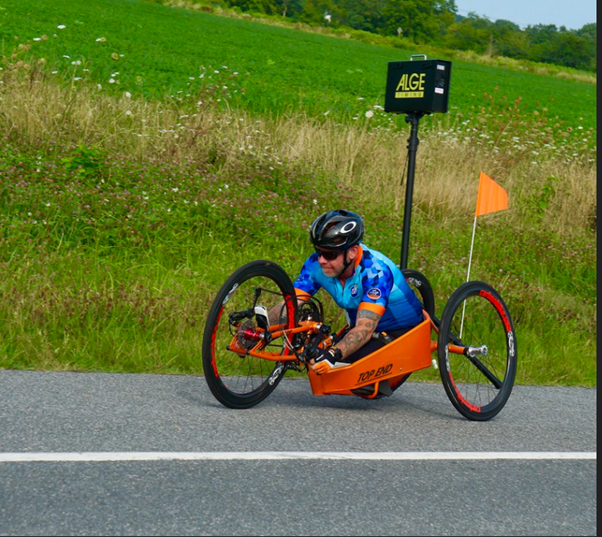
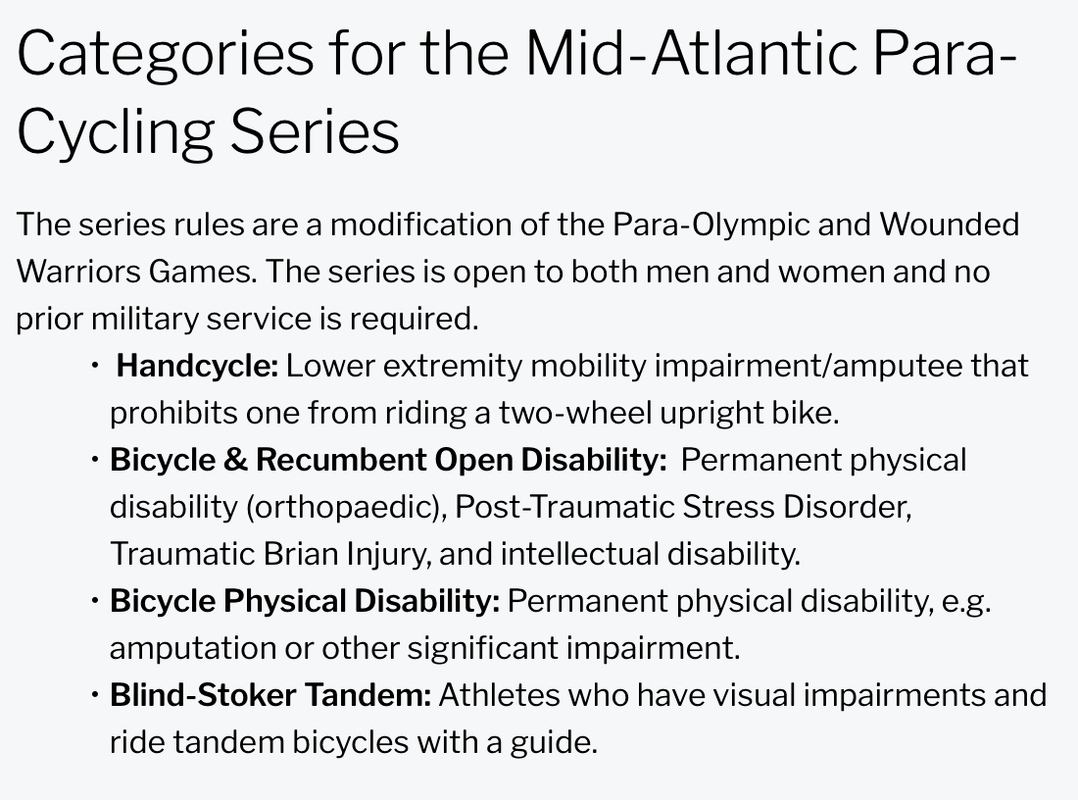
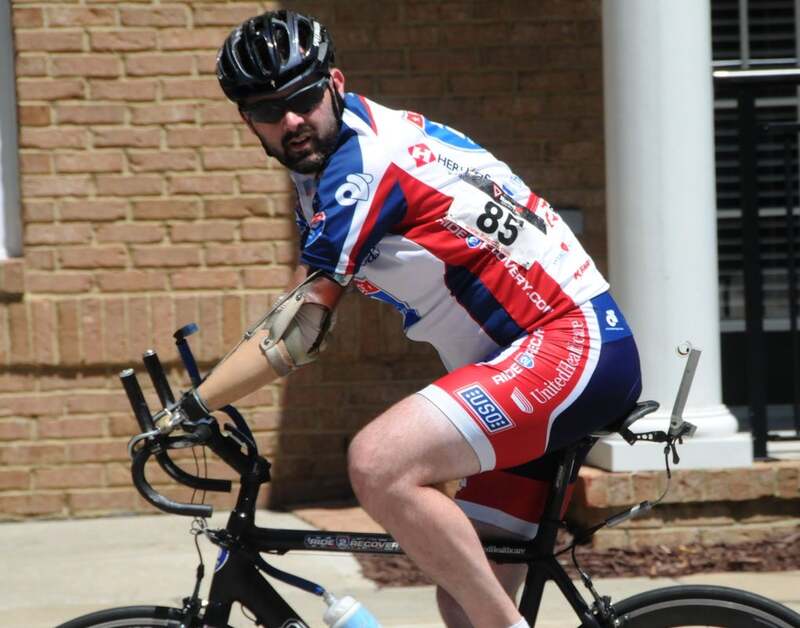
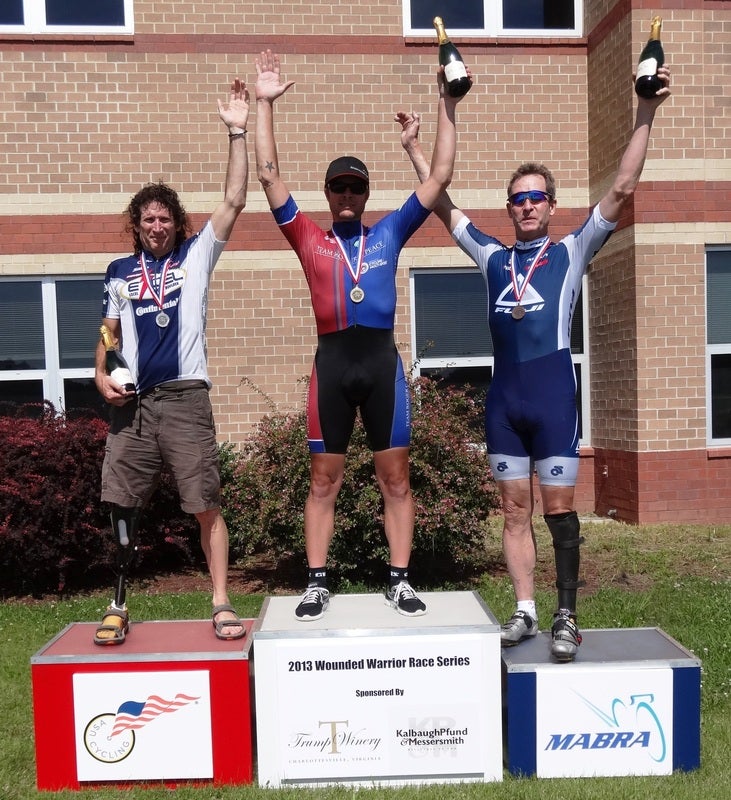
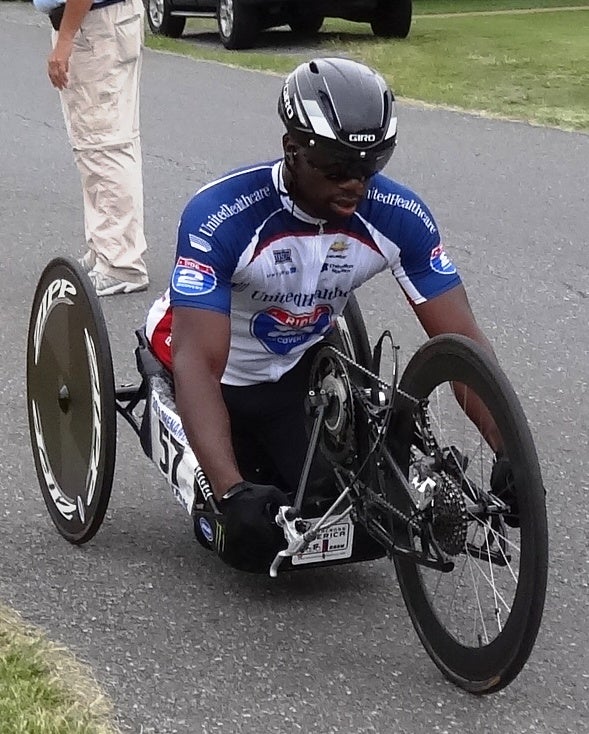
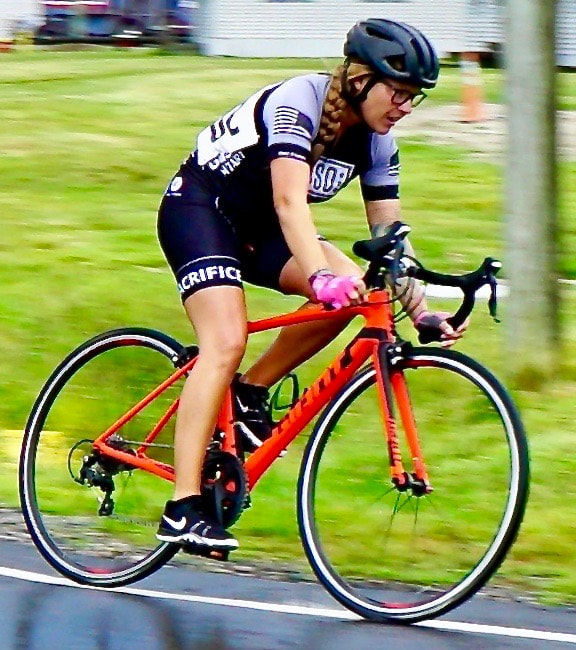
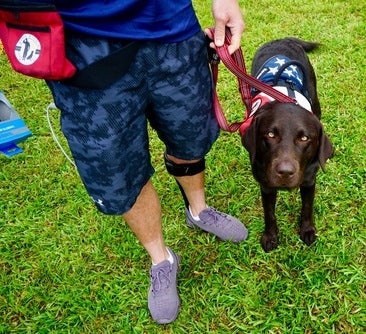
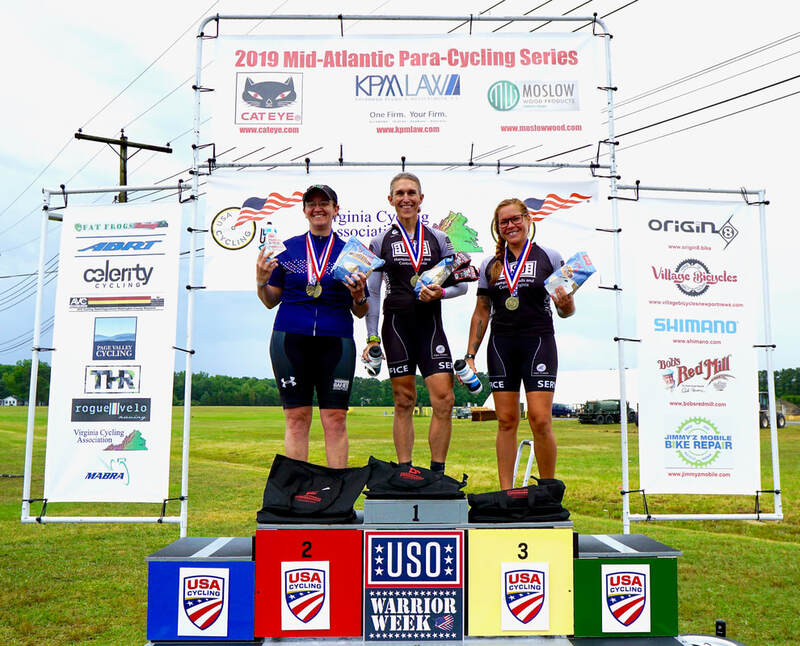
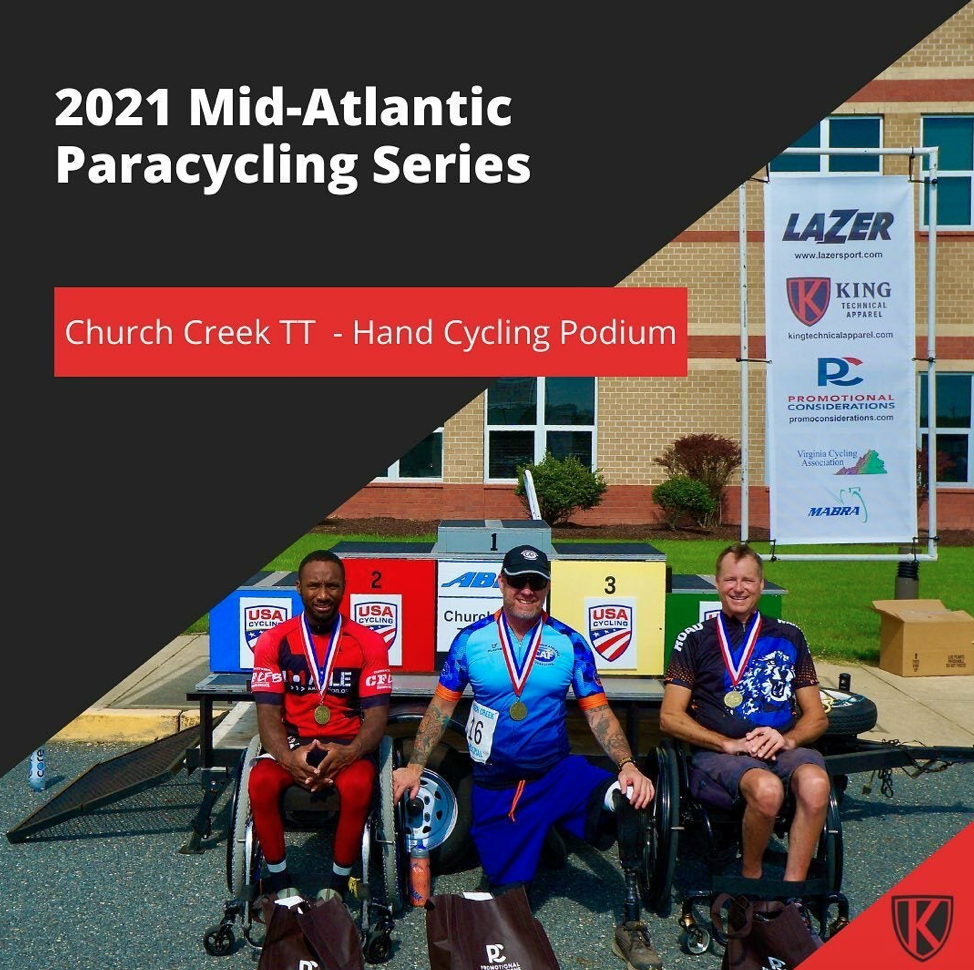
 RSS Feed
RSS Feed